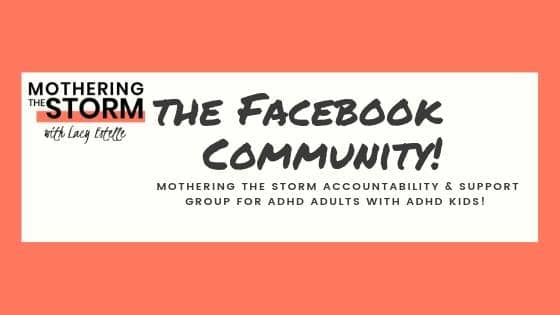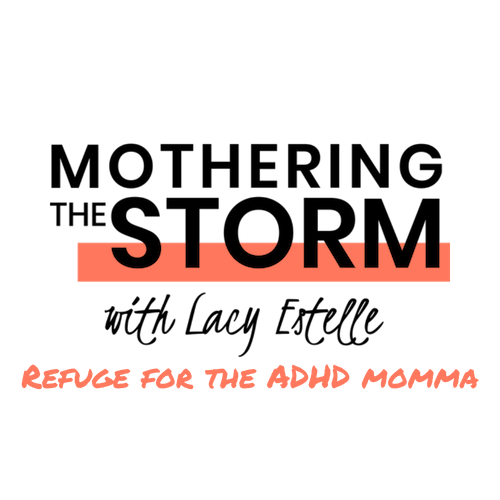This post may contain affiliate links. This means, if you make a purchase from a link on this page, I may receive a small commission at no extra cost to you. You can find our entire disclaimer here.
Tell someone else!
Retirement can be a mixed experience for adults with ADHD. While the pressure of a career and responsibilities have lessened, the structure and routine of work acted as a natural tool for navigating some ADHD symptoms.
A sense of structure is vital to retirement. The freedom to redesign one’s life encourages a closer look at positive habits and routines. Read on for some tips on managing ADHD during retirement so that you can achieve better daily function and mental well-being.

Click Here to Join the Mothering the Storm Facebook Group! An Encouragement Group For Parents who have ADHD and are also caring for an ADHD Child!
Declutter Your Space
Surroundings are often a reflection of the mind. Your physical environment will play a critical role in your mental clarity.
Start by sorting through personal belongings and discarding unnecessary or unwanted items. A minimalist approach to your surroundings can reduce the visual noise that contributes to overwhelming sensations.
Next, try implementing simple organizing systems. Clear shelving units and labeled bins will keep your space tidy while contributing to a clearer mind and balanced lifestyle.
Use Technology for Reminders
In the freedom of retirement, you may struggle to recall doctor’s appointments, take medications, remember to eat, and take part in other time-sensitive events in your routine. Smartphones and smart watches make it easy to send timely reminders for day-to-day tasks and more.
The calendar app is another useful feature. When used in tandem with various reminders or alarms, you will have a comprehensive overview of your responsibilities. Whether it’s dinner with your family or a fitness class at the rec center, you’ll have all the information you need to stay punctual.
Break Projects Into Smaller Steps
Big tasks are particularly challenging. With a daunting project looming over, it feels impossible to complete.
No matter the project, break it down into more manageable steps. This technique simplifies complex tasks and offers small victories. Each completed step serves as a positive reinforcement and supplies the momentum you need to progress toward the final goal.
Find a Passion
Retirement is the ultimate time to focus your energy on an activity that you love. This passion doesn’t have to be something new; it might be a childhood endeavor you once loved, such as swimming or painting. You can also decide to do something new, such as joining a pickleball team or attending a yoga class at the fitness center.
Active adult communities offer amazing opportunities for those who want to stay busy so long as retirees find the right fit for them. Even those retiring in Florida—a retirement hotspot—need to know what to look for in local adult communities, whether they prioritize quiet, calm neighbors or frequent social gatherings. No matter where you retire, there’s always a plethora of activities to keep the body and mind engaged. Incorporate a beloved activity into your routine, and you’ll find that your restlessness and inability to focus will greatly improve.
Seek External Support
Holding yourself accountable can be a tough responsibility. Sometimes, it’s more beneficial to seek assistance from someone you trust.
A support network may include a therapist, support group, friends, and family. These folks will regularly check in on how you’re managing your ADHD during retirement. Plus, they’ll provide you with the necessary motivation and assistance to encourage development as an adult with ADHD.
Retirement is a big change for everyone. If you’re struggling with ADHD, just know that you’re not alone. There are effective techniques to regulate this condition and live retirement life to the fullest.








